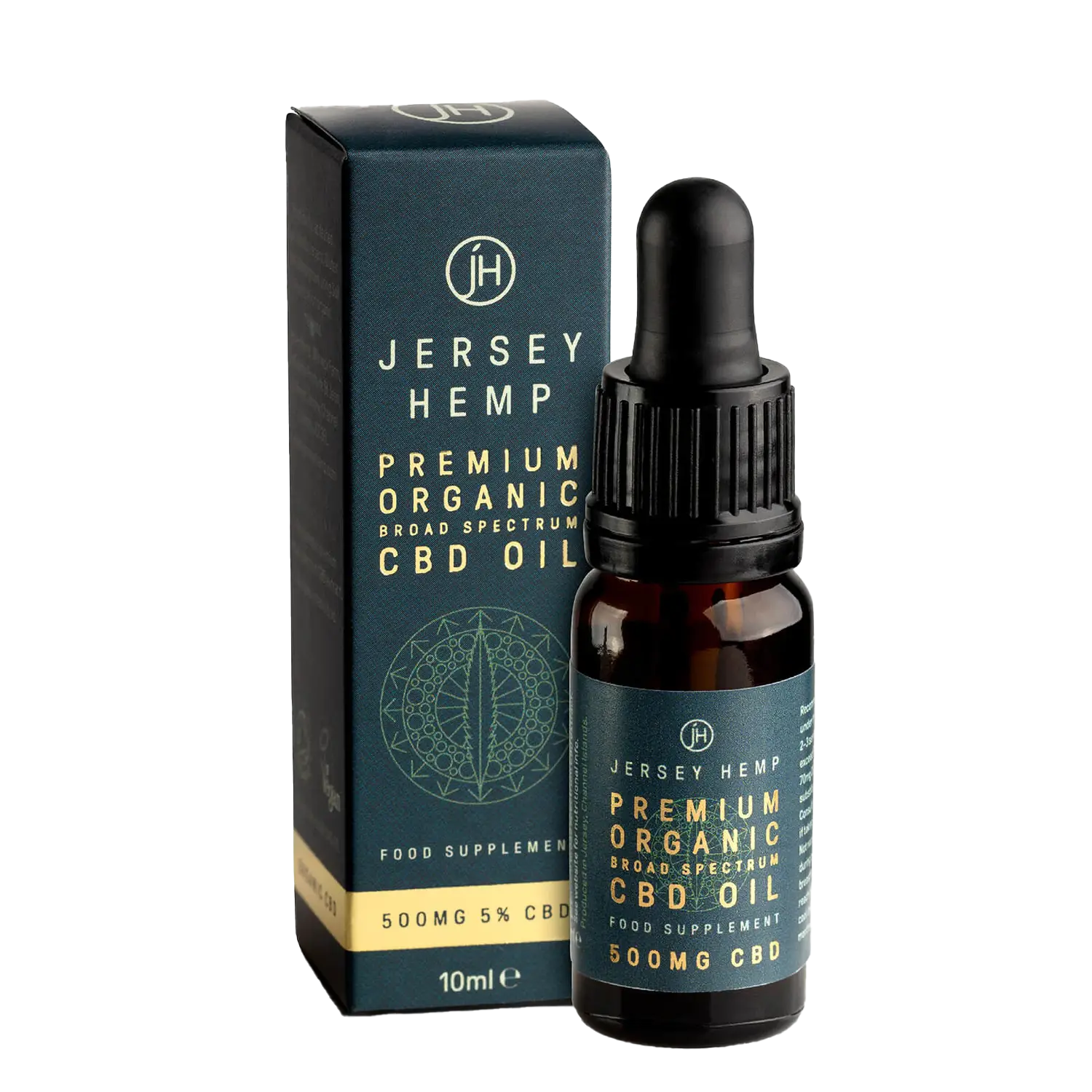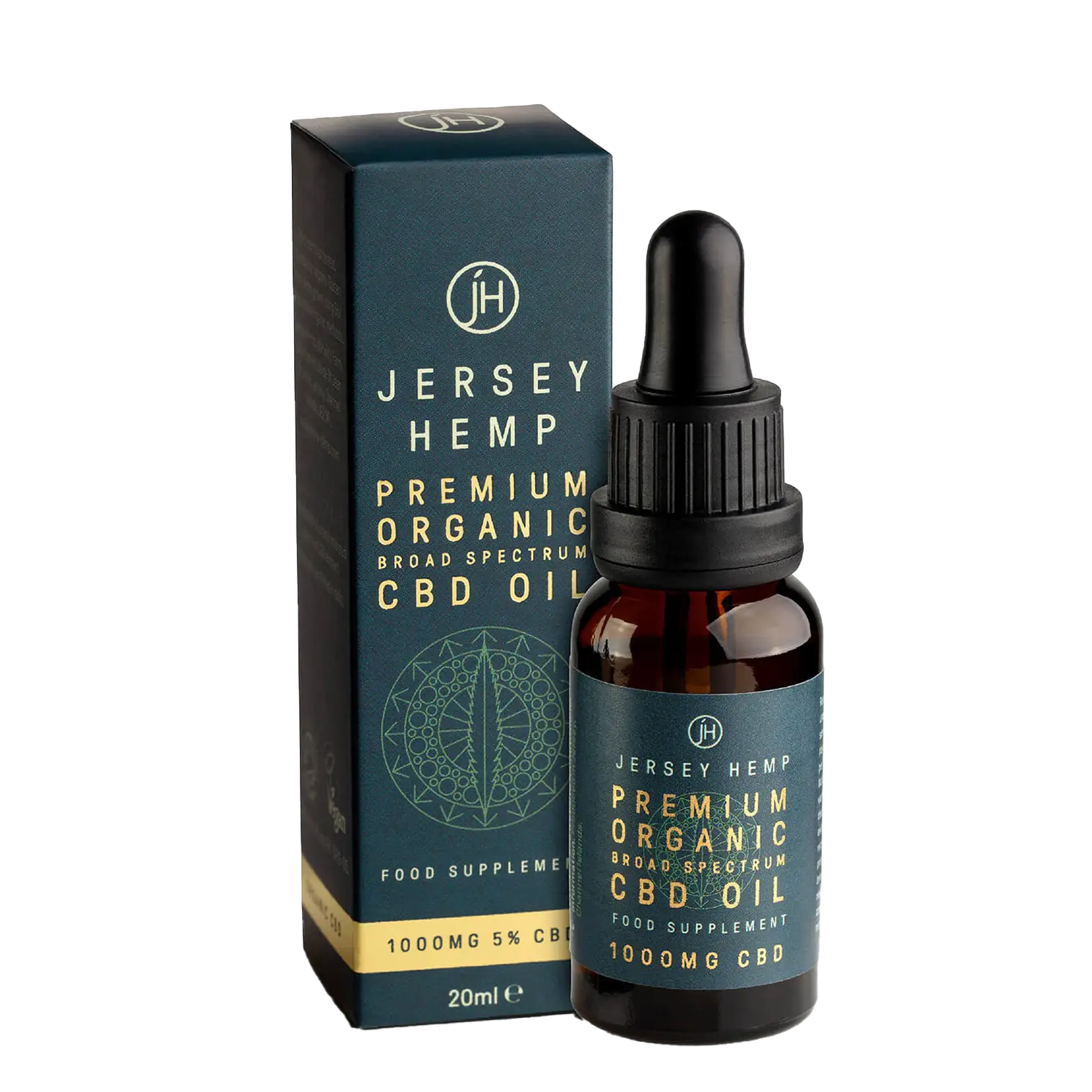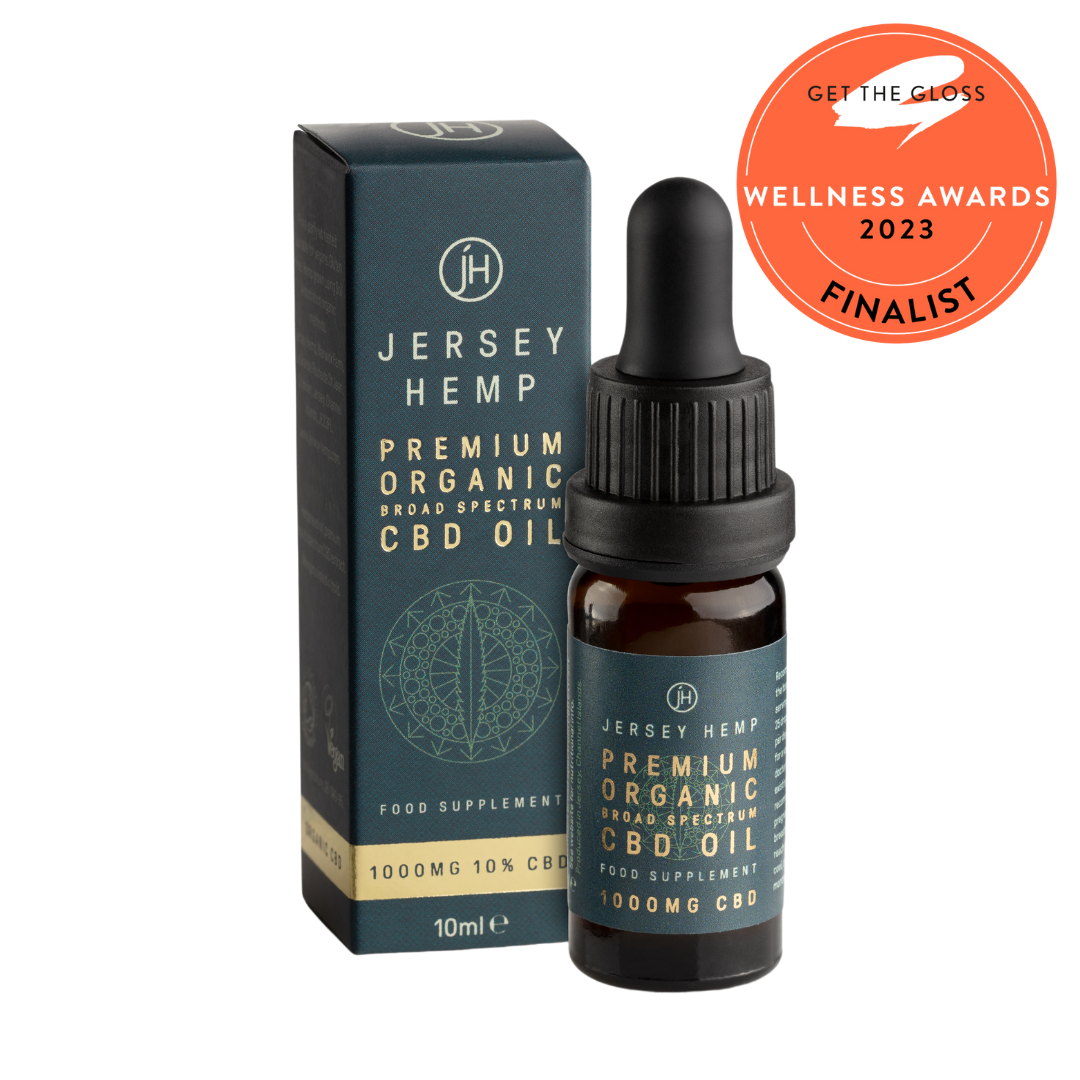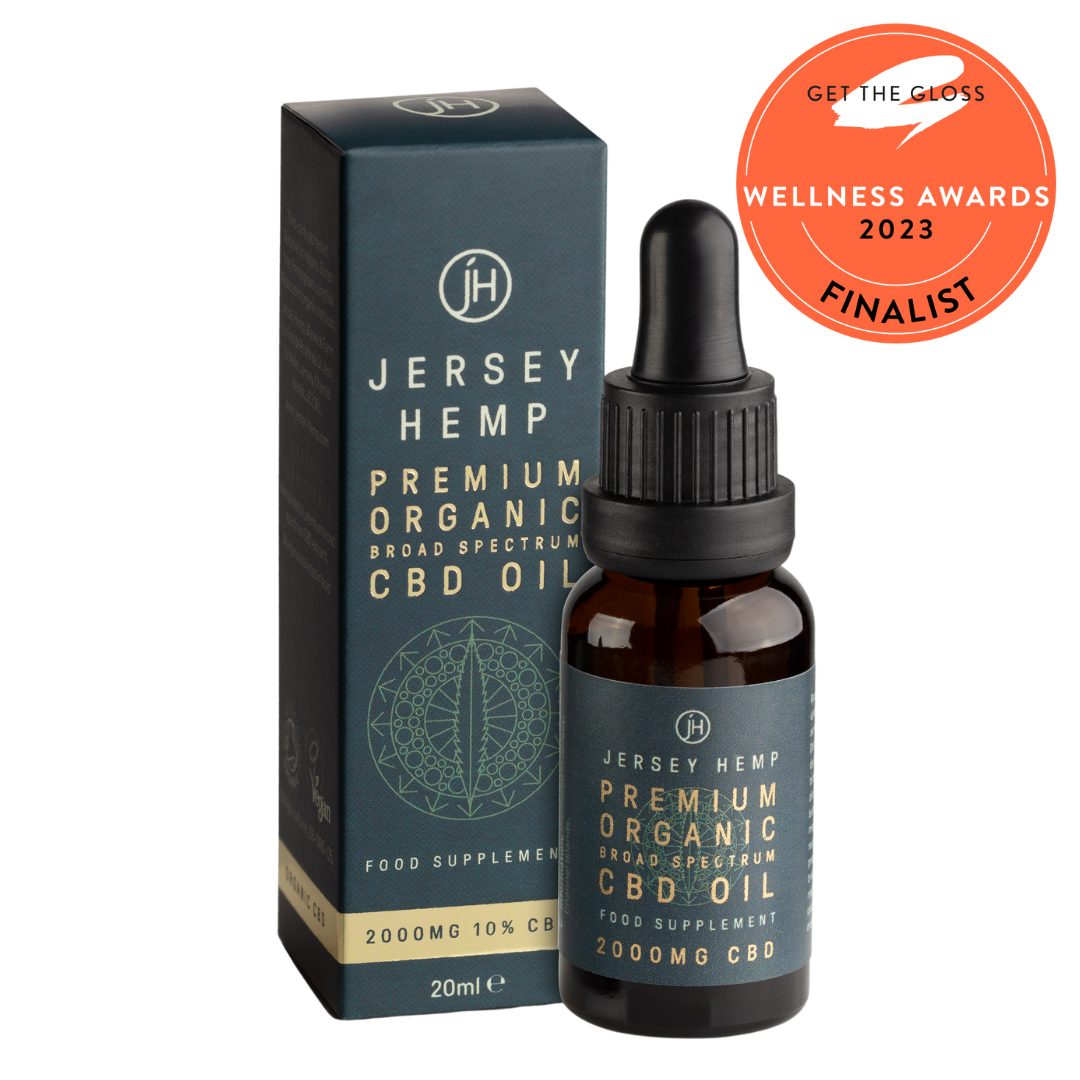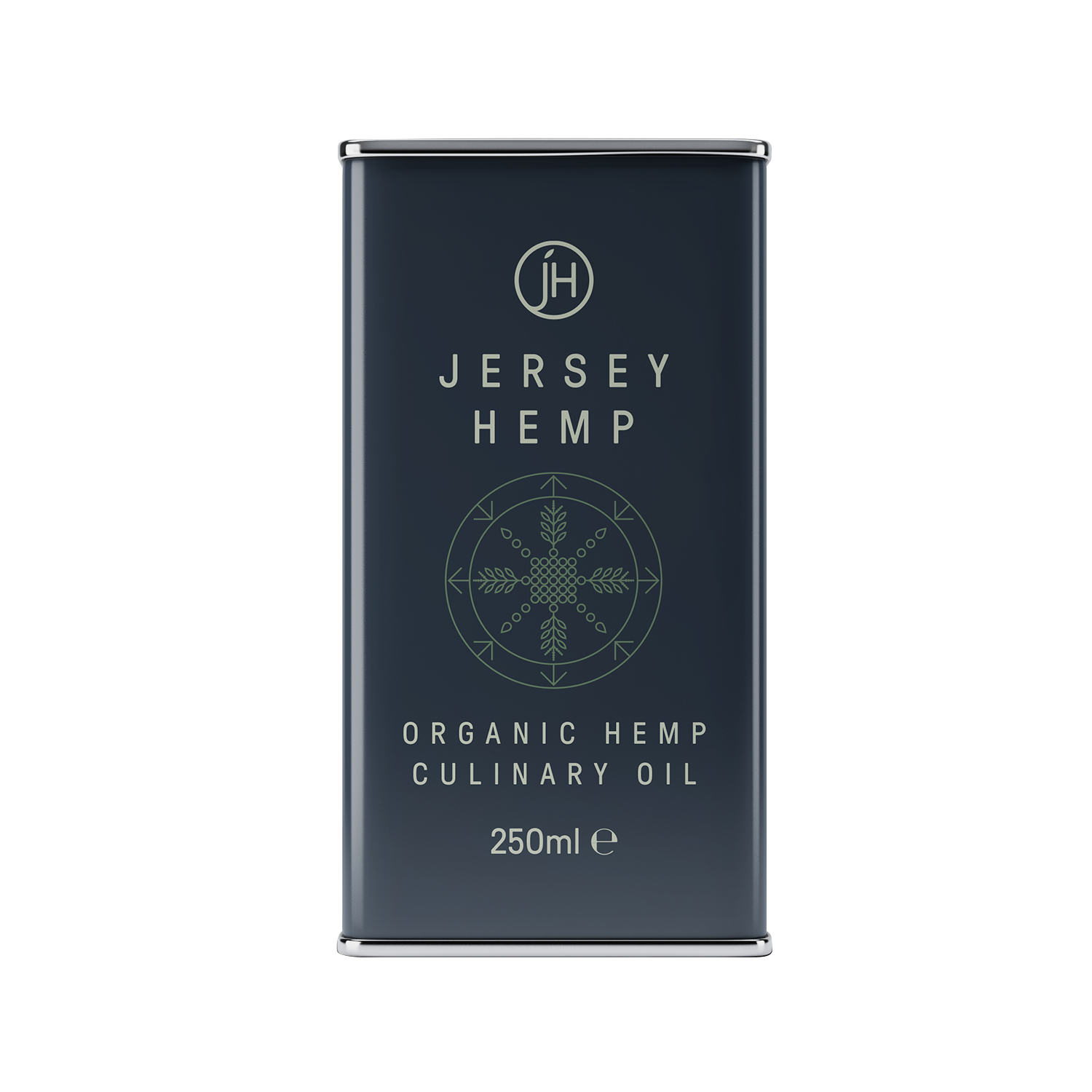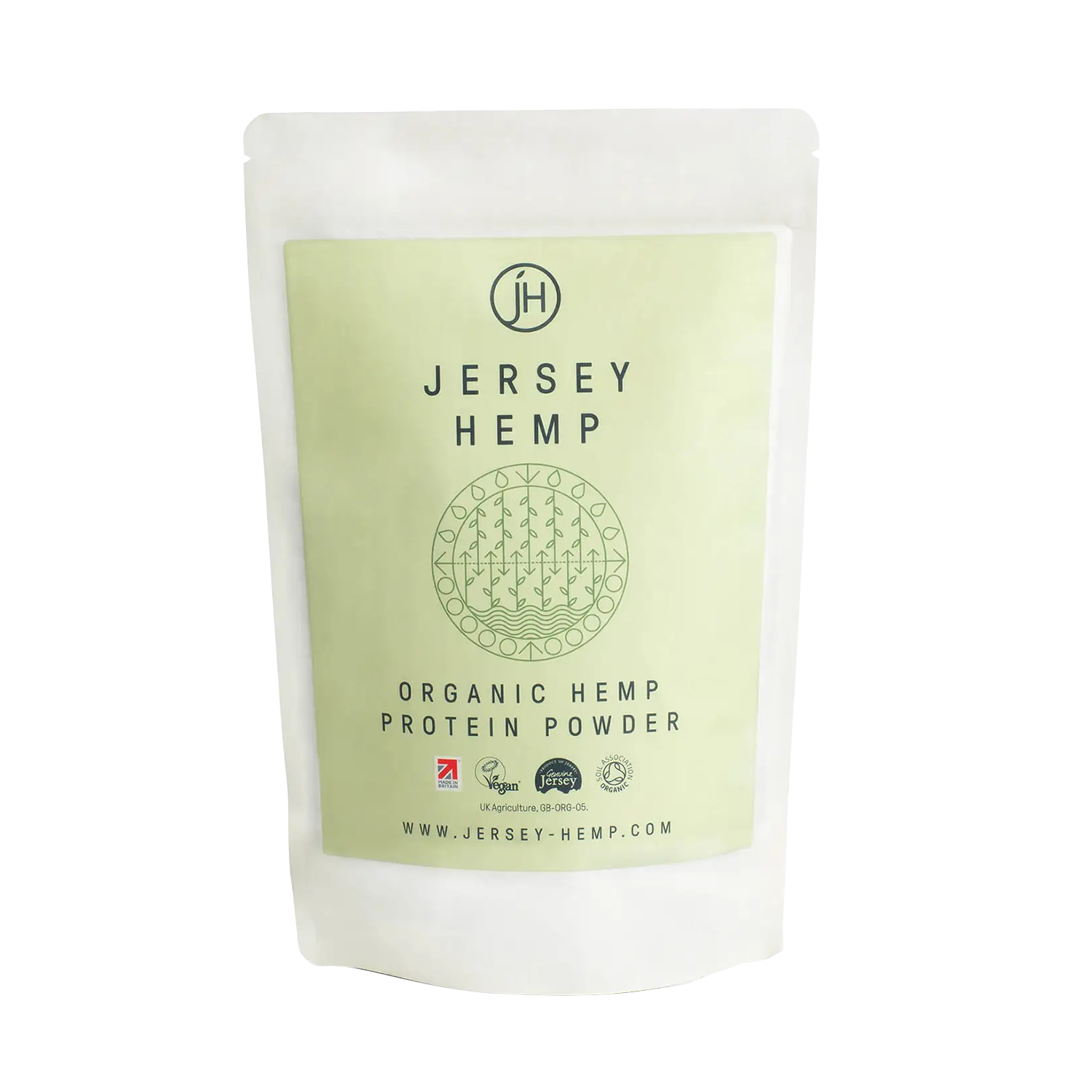CBD Oil and Novel Foods
The cannabis-derived compound CBD (cannabidiol) is an increasingly popular natural wellness product.
It has no psychoactive effects and has demonstrated early evidence of therapeutic benefits to numerous health conditions.
The CBD market, however, currently operates in something of a regulatory grey area and the quality and trustworthiness of products can vary wildly, with the best deemed “very high quality” by industry body the Centre for Medical Cannabis and the worst found to contain no CBD at all.
Clearly, better regulation is required so that consumers get what they pay for.
After plenty of back and forth over CBD’s status as either a medicine, a narcotic or a food, the European Commission and the UK’s Food Standards Agency have settled on designating it a Novel Food and enforcing the regulatory requirements that come with this.
But what exactly are Novel Foods? Why has CBD been designated as one? How do CBD producers and businesses get up to scratch with the new rules? And what will all this mean for CBD users?
What are Novel Foods?
A Novel Food is defined by the European Commission and the UK’s Food Standards Agency as a food that has “not been consumed to a significant degree by humans in the EU before 15 May 1997”, which is the date when the first regulations on Novel Food became active.
Novel Foods can be:
- Newly developed foods, such as the cholesterol-reducing plant extracts phytosterols and phytostanols added to spreads, or CBD, which is extracted from the hemp or cannabis plant
- Foods produced by new processes, such as bread treated with ultra-violet light in order to increase its vitamin D content
- Foods that have traditionally only been eaten in countries outside the European Union and the UK, such as chia seeds and edible parts of the baobab tree
Any business wishing to sell a Novel Food must submit a separate dossier of technical information for each of their products that contain it to the Food Standards Agency and/or the European Commission. For a product to be authorised for sale in the EU and UK, the application must demonstrate that:
- It is safe for consumers
- It is properly labelled, so as not to mislead consumers
- If the Novel Food is intended to replace an existing food, it must not differ in a way that would be nutritionally disadvantageous to the consumer
What Makes CBD a Novel Food?
Products based on CBD extracts – including CBD isolate, the pure form of CBD – were declared Novel Foods in January 2019.
But why is CBD classed as a food at all? Why not a medicine, since some people use it to treat ailments? Why not a drug, since it is made from a strain of the cannabis plant?
Although early research suggests that CBD may have therapeutic benefits for certain health conditions, these are not yet officially recognised and CBD products cannot legally make medical claims. So despite the fact that CBD is an ingredient in two approved medicines – the epilepsy drug Epidyolex and the anti-spasmodic Nabiximols/Sativex – CBD extract itself is not classed as a medicine.
Until the end of 2020, moves were afoot by the European Commission to have CBD products re-classified as narcotics, since they are made from a strain of the cannabis plant, which at the time was classed by the United Nations among the most strictly controlled drugs such as heroin and other dangerous opioids.
However a landmark ruling by the Court of Justice of the European Union on a French legal case said that CBD is not a narcotic according to “the purpose and general spirit” of the 1961 United Nations Single Convention on Narcotic Drugs because “it does not appear to have any psychotropic effect or any harmful effect on human health”.
Following that ruling the European Commission had no choice but to end its attempts to have CBD re-classified as a narcotic.
So CBD is a food, rather than a medical product or a narcotic. But why is it a Novel Food? That goes back to the specific ways in which the EU and the FSA define Novel Foods.
While some hemp-based products such as culinary hemp seed oil were regularly consumed within the EU before the Novel Foods regulations came into force in May 1997, CBD itself was not. That means it does not have the required “history of consumption” that make it an ordinary food.
Of the types of Novel Food listed above, CBD as an extract falls into the category of newly developed foods, like the plant extracts phytosterols and phytostanols used in cholesterol-reducing spreads.
And as examples of a Novel Food, all CBD products must be evaluated and authorised for marketing and sale within the EU and the UK, a process which is ongoing. That means that all CBD products currently on the market at the time of writing (January 2012) are unauthorised.
How are CBD Products Registered as NovelFoods and When Will This Happen?
Businesses wishing to market CBD products in the UK must have their product applications validated by 31st March 2021. However, on 13th February 2020 the FSA put a hold on new products being brought to the market.
That means that after 31st March, only CBD products that have applied for Novel Food status – and which were already on the market on 13th February 2020 – will be able to be sold in the UK.
Applications can also be made to the European Commission. However, enforcement of the Novel Foods requirements in Europe is devolved to Member States and so far the UK is the only country to have set a hard deadline for applications so it’s possible that CBD business may continue as usual in much of Europe for the time being.
Novel Food applications are complex and expensive undertakings. Businesses must submit a dossier of information including details of production processes, data on the composition of the product, nutrition and toxicology information and reports on scientific studies relating to the Novel Food, among other elements.
This process must be repeated separately for each different product that a business wishes to market and brands that use outside suppliers – ie those that do not grow their own hemp or make the CBD they use themselves – must ensure that the raw materials they are being sold have also been authorised.
What do the Novel Food Regulations Mean for CBD Users?
In general, the new regulations should be hugely positive for consumers. While the pause on new products being brought to the market will mean a period where innovation in CBD stalls, the new regulations will mean that those products that are available will need to prove their provenance and quality and be accurately labelled.
This is highly significant since, in the unregulated CBD market, the quality and authenticity of products has varied widely.
Under the Novel Foods regulations, brands like these will either have to come up to standard or will no longer be able to sell their products, meaning that all CBD on the market will do exactly what it says on the bottle.
MEDICAL DISCLAIMER
The author of this article is not a medical expert and nothing in this article constitutes medical advice or gives rise to a medical practitioner/patient relationship. You should seek specialist medical advice where required. Never disregard professional medical advice or refrain from seeking it because of something you have read here.
